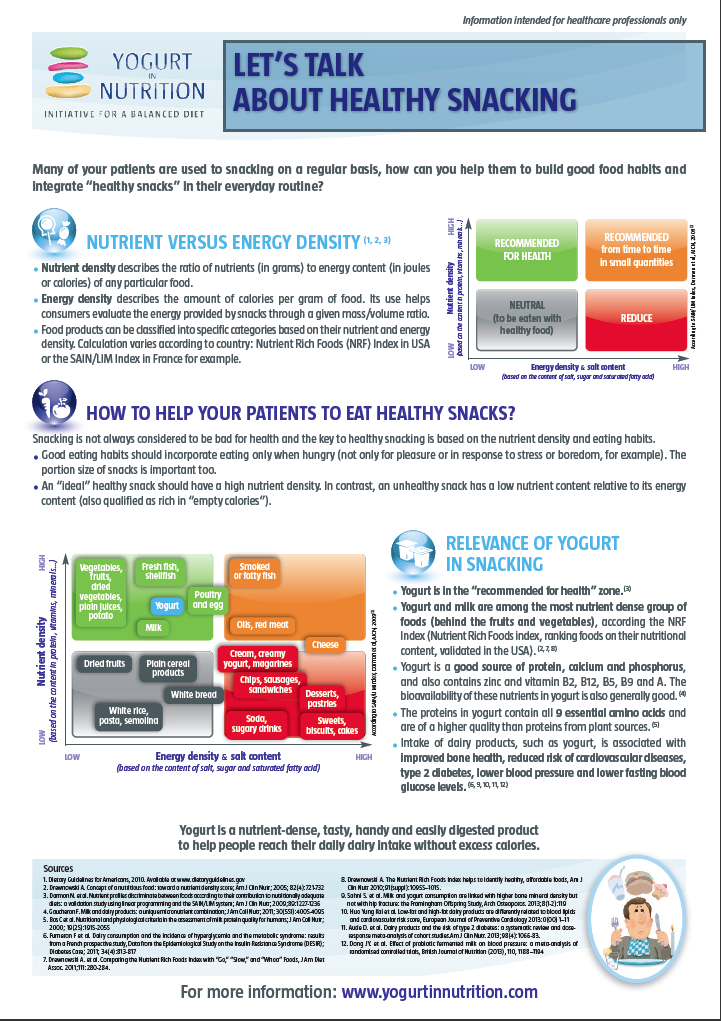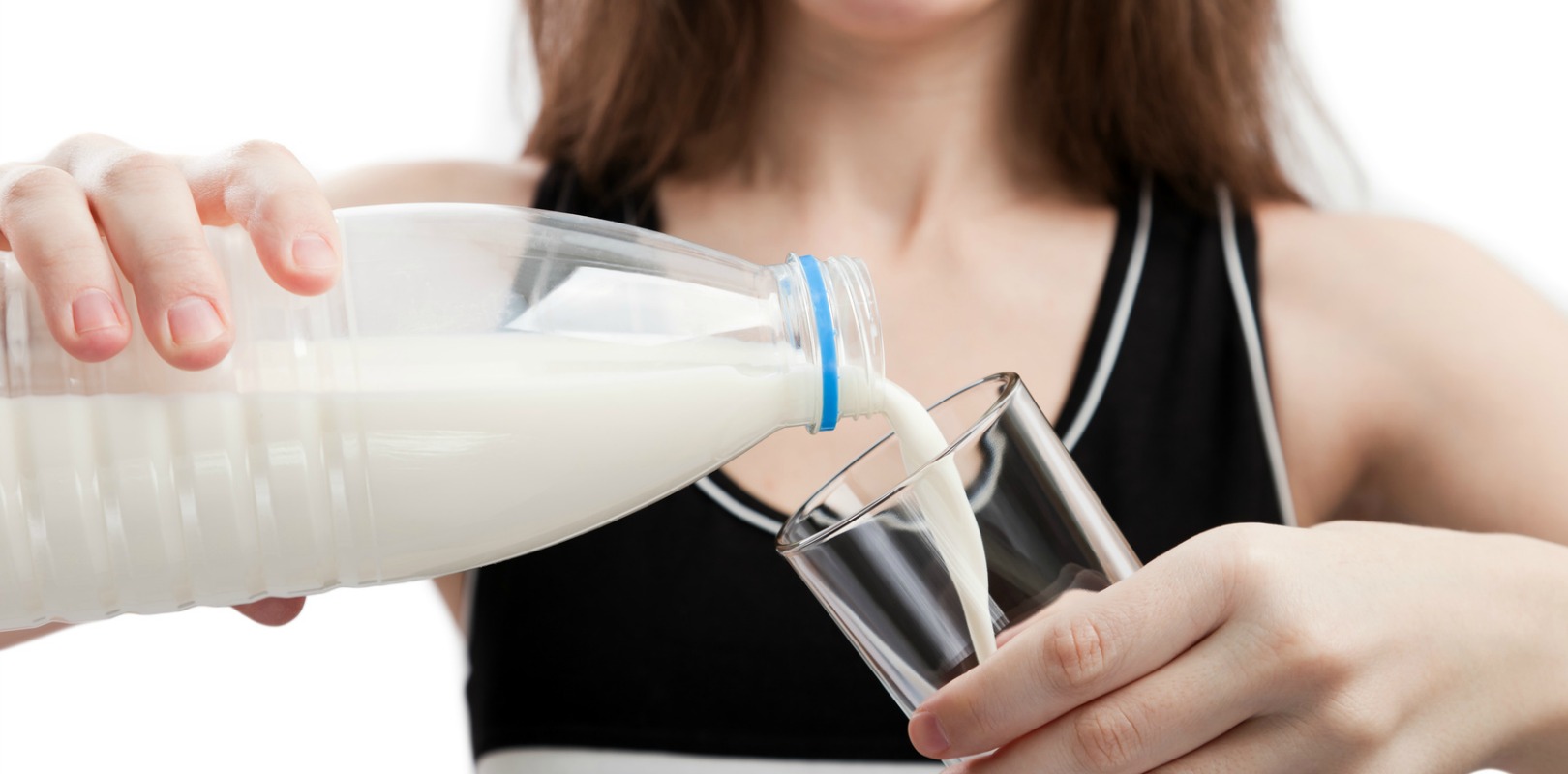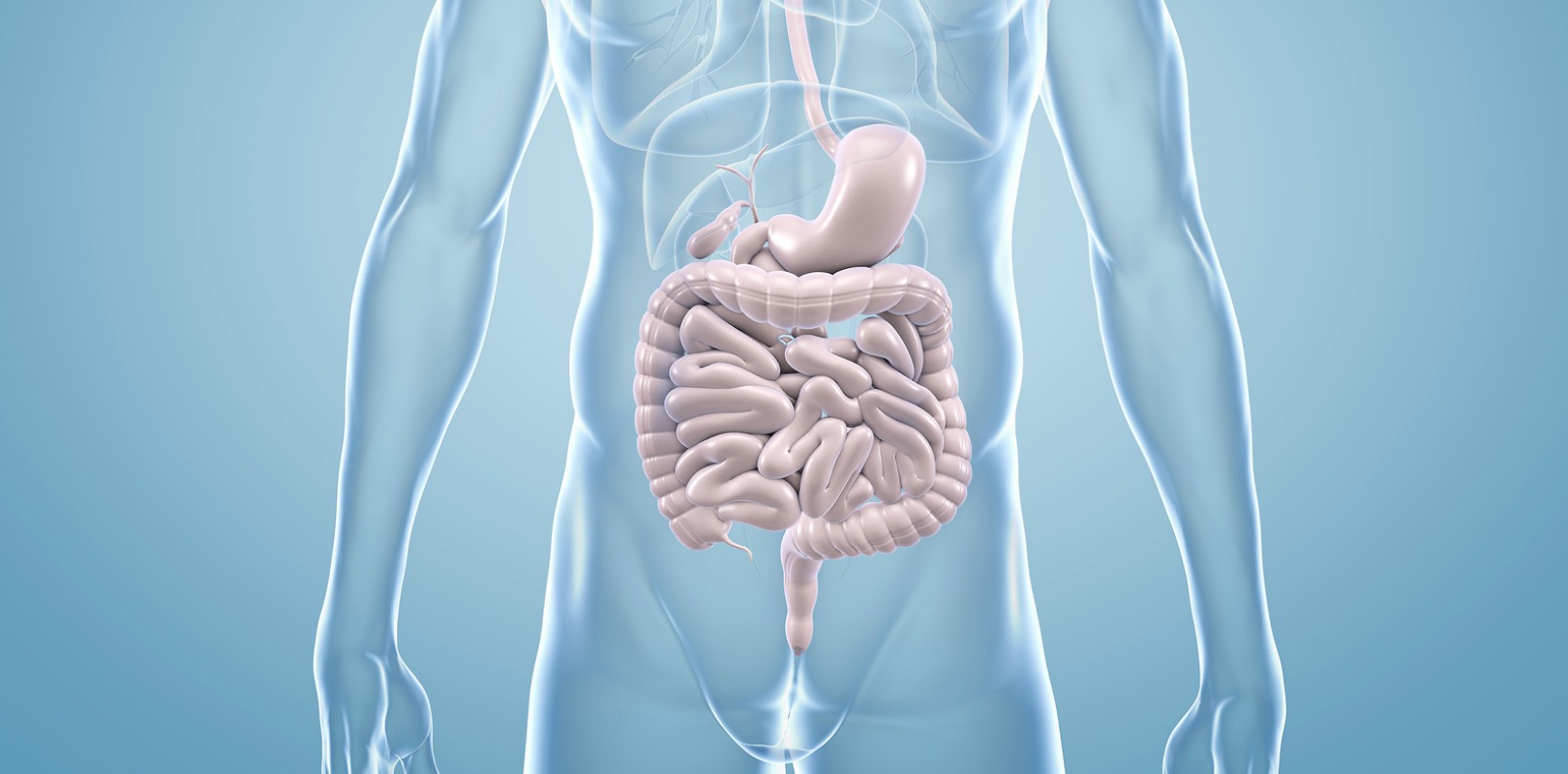The importance of dairy protein and vitamin D in the prevention of age-associated musculoskeletal disorders has been discussed.
On April 4th,2014, an ESCEO (European Society for Clinical and Economic Aspects of Osteoporosis and Osteoarthritis) Symposium* entitled Nutrition for musculoskeletal Health in postmenopausal women was held during the World Congress on Osteoporosis, Osteoarthritis And Musculoskeletal Diseases in Seville.
After the age of 50, ageing is accompanied by a loss of skeletal muscle mass and strength a condition called sarcopenia, and also by a deterioration of bone mass and bone tissue leading to an increased risk of fragility fractures. These diseases result into a deterioration in musculoskeletal health and can have major consequences beyond increased falls and fracture risk, including debilitating pain, physical disability, loss of independence, depression and premature death.
“However, the risk of developing sarcopenia and osteoporosis may be attenuated through healthy lifestyle changes such as adequate dietary protein and vitamin D intakes, and regular physical exercises” said Professor Rizzoli during his lecture.
For instance, it has been shown that protein intake combined with regular exercise result in a greater degree of muscle protein synthesis than either intervention alone. Professor Van Loon, from The Netherlands showed that the physical exercise followed by protein ingestion enhances muscle protein synthesis more than exercise alone and results in net muscle protein positive balance. Besides, last research highlighted an important role of vitamin D on muscle mass and strength.”
New recommendations
That is why, in consideration of existing recommendations and knowledge regarding the impact of protein and vitamin D on muscle and bone, the Task Force of the European Society for Clinical and Economic Aspects of Osteoporosis and Osteoarthritis (ESCEO) has presented their recommendations during this symposium.
The TASK Force working group* recommends in postmenopausal women to increase protein intakes from 0.8 g/Kgxbw/day to 1.0 g/Kgxbw/day to fit their special needs regarding musculoskeletal health. Because the type of protein consumed impacts the anabolic response of protein synthesis, the ESCEO TASK Force also advises to consume preferentially high quality protein such as that from dairy source. Regular physical exercise (at least 3 times per week) should be undertaken and combined with protein intake. The latter close to exercise may be optimal for muscle health.
*The Task Force of the European Society for Clinical and Economic Aspects of Osteoporosis and Osteoarthritis (ESCEO) working group was composed of the following experts: Jurgen Bauer, Maria-Luisa Brandi, Olivier Bruyère, Cyrus Cooper, Adolfo Diez-Perez, John A. Kanis, Jean Yves Reginster, René Rizzoli, John Stevenson, Luc J. C. van Loon, Stéphane Walrand.














